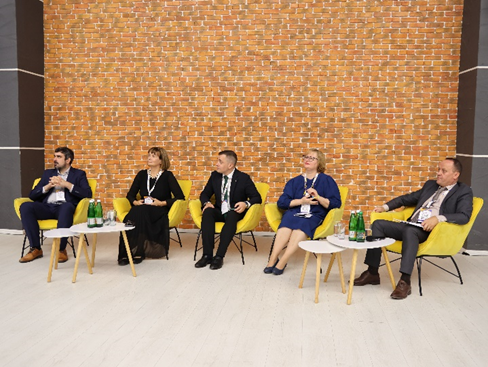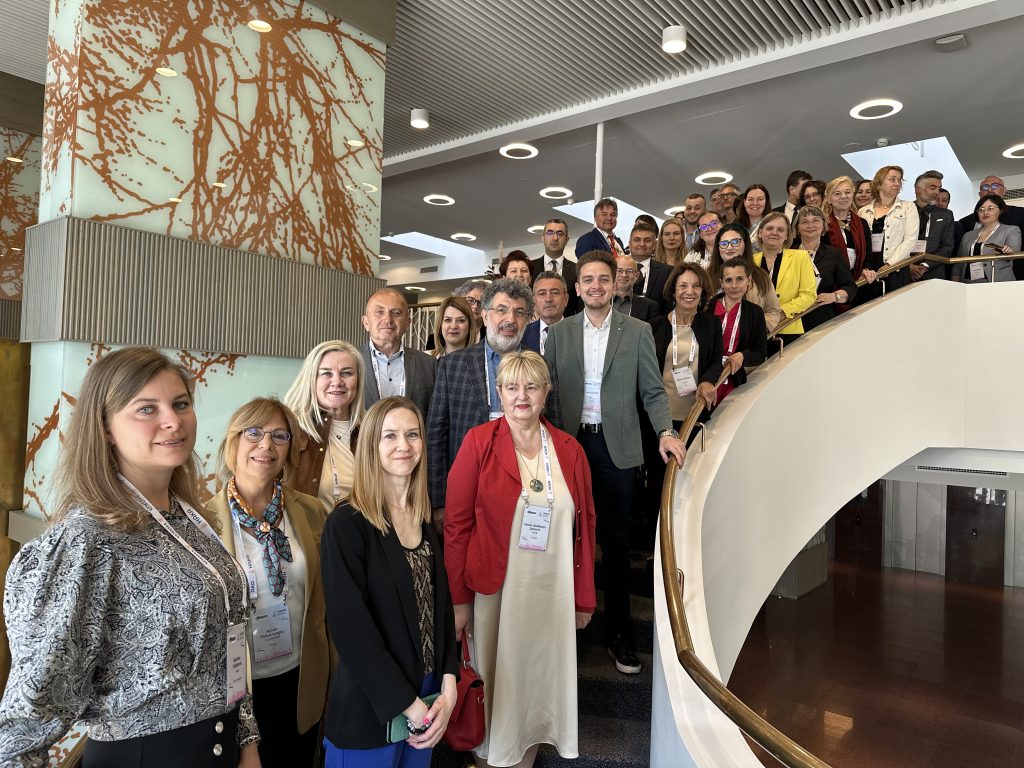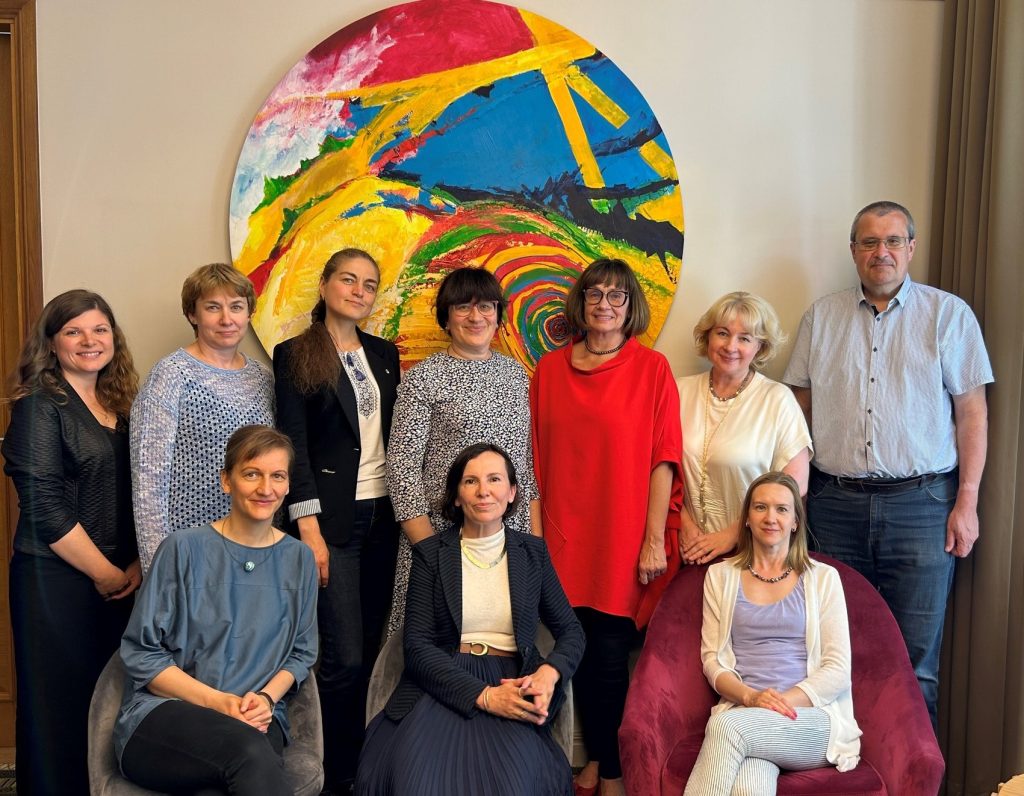The task of the Estonian Quality Agency for Education (HAKA) is to assess the quality of educational and training institutions and to promote quality culture in the field of education. This includes bringing the best international practices to Estonia and contributing to the development of education quality in other countries. HAKA operates as an independent unit within the Estonian Education and Youth Board, with a Supervisory Board composed of representatives of various stakeholder groups. HAKA is listed in the European Quality Assurance Register for Higher Education (EQAR). You can find HAKA’s assessment results on DEQAR.
Higher education
Since 1995 HAKA conducts compulsory and voluntary assessments within and outside Estonia. A member of ENQA and registered on EQAR, HAKA has extensive expertise and experience in conducting reviews that are fully in line with the ESG.
Vocational education
Since 2011 HAKA has been actively involved in external VET assessment. We conduct initial and re-assessment as well as quality assessment of study programme groups. The objective of our activity is to foster the development of a learning-oriented school-culture and to increase the reliability of VET.
Continuing education
Since 2019 HAKA has been actively involved in adult education quality assessment. Our work includes threshold-based compliance evaluations, curriculum group assessments, and individual curriculum reviews. We conduct assessments upon request for both public and private sector organisations.
Our main work is commissioned by public sector funders, but we also offer tailored assessments and advisory services internationally.
General education
In 2022 HAKA sarted to develop a quality assessment system to general education. We focus on three major objectives in 2022-2029: Developing a quality system for general education; Supporting the development of educational institutions; Developing a digital solution to support evidence-based school management.
News
View all
We Invite Students to Help Improve the Quality of E-Courses

HAKA Handed Over Accreditation Certificates to Three Ukrainian Universities at the Ukrainian Higher Education Quality Forum

Representatives of Quality Agencies Met in Estonia

HAKA and NAQA piloting institutional accreditation in Ukraine
The goal of General education quality assessment is that we have schools where both students, teachers and leaders feel good about themselves, where the progress of both students and teachers is a natural part of everyday life and the development of each learner is supported in the best possible way.
Eve Eisenchmidt,
Quality Assessment council for General education, member
Due to the quality assessment, we have done a good and thorough self-analysis. It is most valuable to ourselves.
Tatjana Romanova,
Language school “Tarkus”






